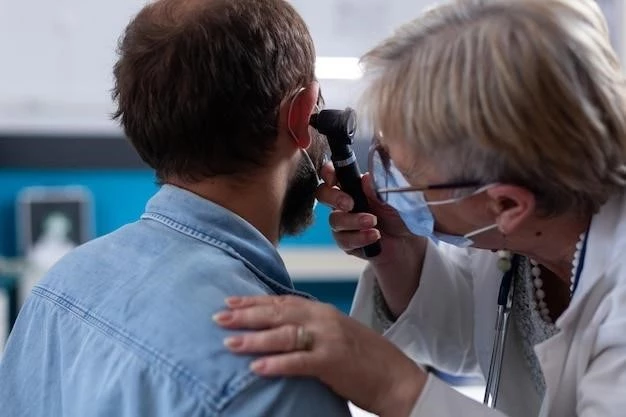Article Plan⁚ Disease ー Tracheoesophageal Fistula
Today is 03/25/2024 23⁚02⁚48
Tracheoesophageal fistula is an abnormal connection between the esophagus and trachea. It is often a congenital anomaly but can also occur later in life due to surgical procedures. Learn about causes‚ symptoms‚ diagnosis‚ treatment‚ complications‚ and advances in research.
Introduction

Tracheoesophageal fistula is an abnormal connection between the esophagus and trachea that can lead to severe complications‚ especially in infants. This condition can be congenital or acquired‚ impacting normal swallowing and respiratory functions. Understanding the causes‚ symptoms‚ and treatment options for tracheoesophageal fistula is crucial for managing this condition effectively.
Definition and Causes of Tracheoesophageal Fistula
Tracheoesophageal fistula is an abnormal connection between the esophagus and trachea‚ leading to serious complications. The causes can be congenital‚ often linked to esophageal atresia‚ or acquired‚ resulting from surgical procedures‚ trauma‚ or diseases like cancer. Understanding these connections is vital for effective diagnosis and treatment.
Symptoms and Diagnosis
Common symptoms of tracheoesophageal fistula include coughing‚ difficulty swallowing‚ choking‚ and respiratory distress in infants. Diagnosing TEF involves imaging studies like X-rays‚ CT scans‚ and contrast studies to visualize the abnormal connection. Additionally‚ symptoms like aspiration‚ pneumonia‚ and feeding difficulties help healthcare providers identify this condition.
Treatment Options
Treatment for tracheoesophageal fistula may involve surgical repair‚ which aims to close the abnormal connection between the esophagus and trachea. Tube feeding or intravenous nutrition may be necessary before or after surgery. In some cases‚ a tracheostomy tube may be inserted to help with breathing. The specific treatment plan will depend on the individual’s age‚ overall health‚ and the severity of the condition.
Complications and Prognosis
Complications of tracheoesophageal fistula include respiratory issues‚ pneumonia‚ feeding difficulties‚ and failure to thrive‚ especially in infants. The prognosis depends on various factors such as the individual’s overall health‚ the extent of the malformation‚ and the promptness of diagnosis and treatment. Early intervention and appropriate management can significantly improve the prognosis for individuals with tracheoesophageal fistula.
Tracheoesophageal Fistula in Infants
Tracheoesophageal fistula in infants commonly presents with respiratory distress‚ feeding difficulties‚ and a risk for aspiration. This condition is often associated with other congenital anomalies‚ especially cardiac defects. Early recognition and management of tracheoesophageal fistula in infants are crucial to improving outcomes and ensuring proper growth and development.

Research and Advances in Tracheoesophageal Fistula
Recent research on tracheoesophageal fistula focuses on improving surgical techniques‚ optimizing diagnostic methods‚ and exploring novel treatments. Advances in imaging technology have enhanced the accuracy of TEF diagnosis‚ leading to better outcomes for patients. Ongoing studies aim to further understand the genetic and environmental factors contributing to the development of this condition and to develop targeted therapies for improved patient care.
